Speaking at the announcement of an investment project by the Japanese-German company DMG MORI, FM Szijjarto said the state will provide €2.3 million in support of the machine tool company's research and development project, which boasts a budget upwards of €10,8 million. Thus, the government is helping to create 50 new jobs in the capital Budapest, reads a statement issued by the Hungarian Ministry of Foreign Affairs and Trade. DMG MORI will use the grant to develop production support software to make machine tools more efficient.
In 2010, the Hungarian government embarked on a massive job creation drive, the minister pointed out. One of the main instruments of that was rapid industrialization. This has created a production-based economy, which was no longer faced with the problem of mass unemployment, but with having a sufficient and properly skilled workforce, he said.
After a few years, the government set out to transform the production-based economy to one that is knowledge-based and built on innovation, as well as on R&D, and digitalization plays a major role in that,
he stressed.
“The more rapid development and progress in the utilization of innovative technologies will fundamentally change a country’s strength and position in the years to come. We know well that digital capacity is at least as important in production efficiency as physical capacity,” FM Szijjarto contended.
He welcomed the fact that Hungary is the third location, besides japan and Germany, where DMG MORI has taken its research and development functions, which he said was "an honor.”
"After the developments in Hungary in recent years, we can now confidently say that the world's elite, the largest, best-known and most powerful international companies recognize that the skills, creativity, diligence and innovation capacity of Hungarians represents a higher level and, as a result, we can attract a growing number of high value-added investment projects based on research and development to Hungary," Mr Szijjarto said.
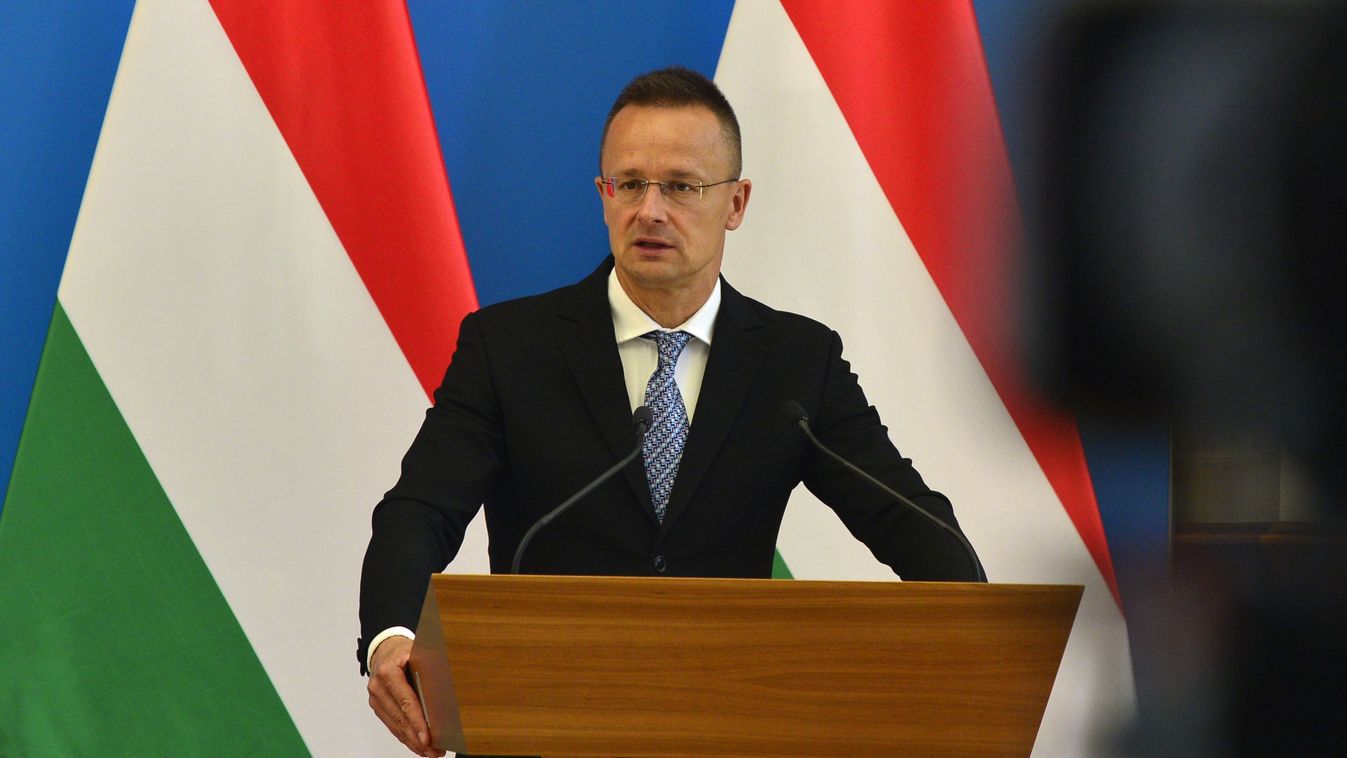

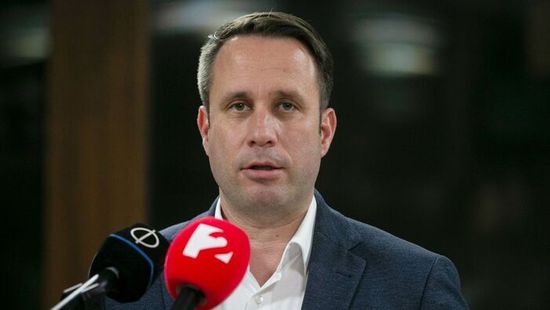
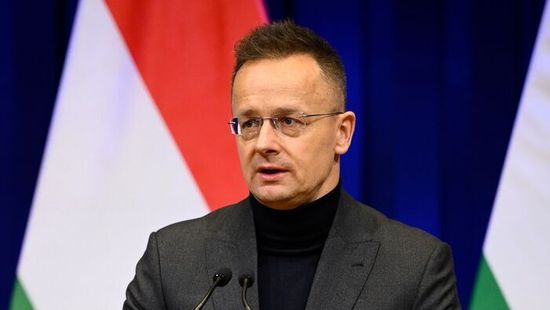




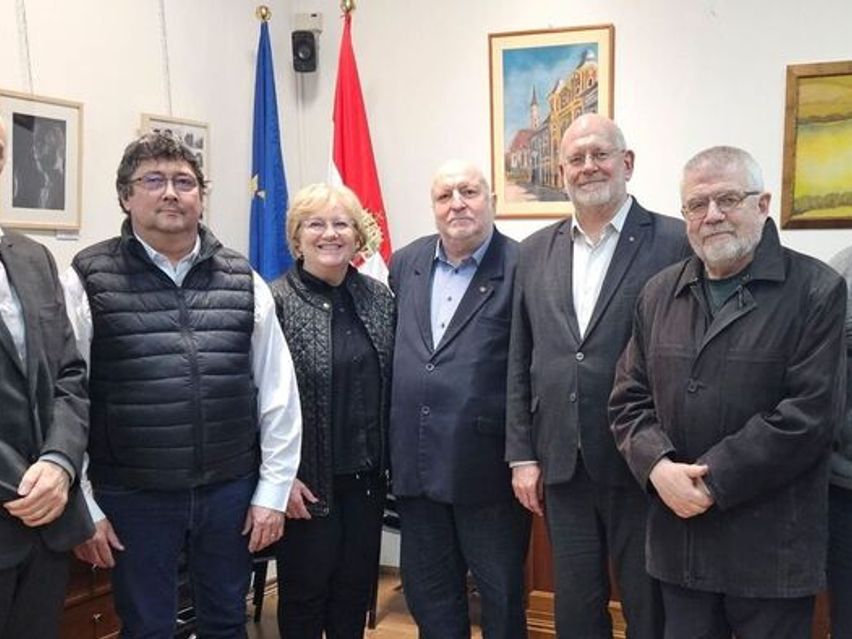








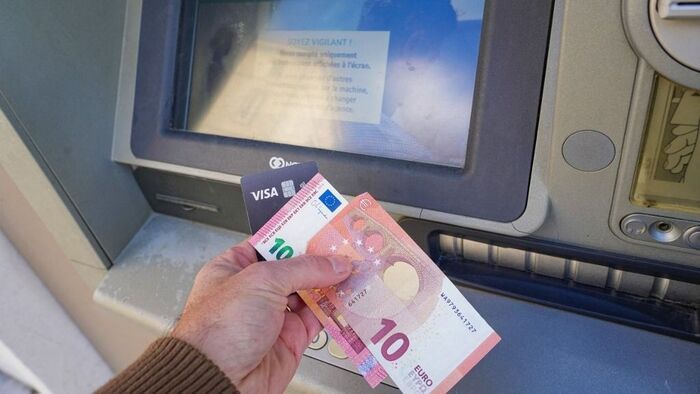





Szóljon hozzá!
Jelenleg csak a hozzászólások egy kis részét látja. Hozzászóláshoz és a további kommentek megtekintéséhez lépjen be, vagy regisztráljon!